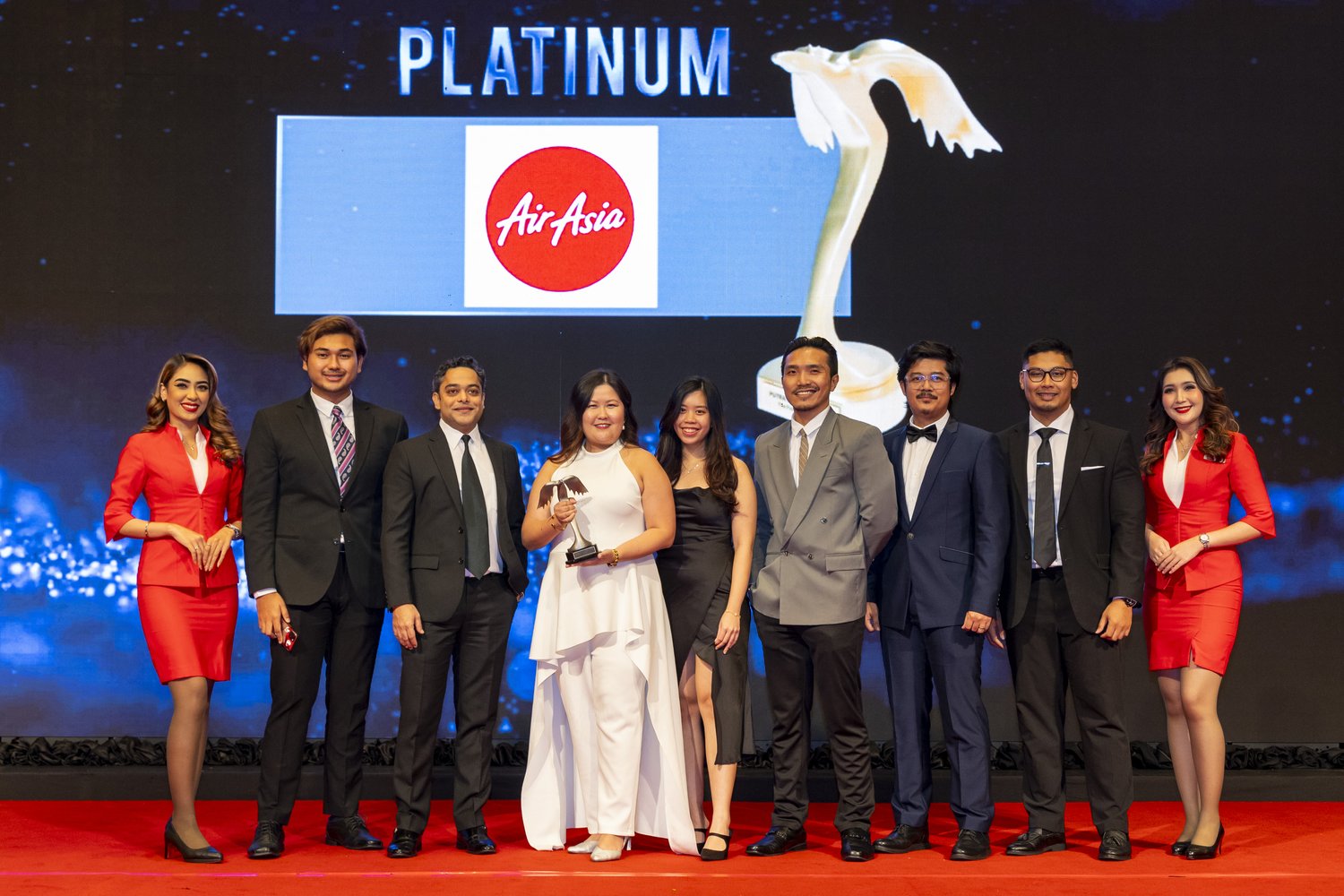Search Blog
Hit enter to search or ESC to close
Trending Now
AirAsia wins Platinum in travel category at Putra Brands Awards
- Get link
- X
- Other Apps
Touch ‘n Go Wins Super Aspiring Brand Award in the Lifestyle Category at the Shopee Super Awards 2023
- Get link
- X
- Other Apps
Siti Aminah Jalal
- Get link
- X
- Other Apps
Reading Time
Labels
Here’s What These Film Industry Players Had to Say About Content in Malaysia
From the silver screen to the digital screen, the Malaysian film industry has undergone a paradigm shift in the past few years, making it crucial to have ongoing dialogues about navigating differences and strengthening the industry.
From the silver screen to the digital screen, the Malaysian film industry has undergone a paradigm shift in the past few years, making it crucial to have ongoing dialogues about navigating differences and strengthening the industry.
The Communications and Multimedia Content Forum of Malaysia (Content Forum) recently hosted “Let’s Talk Content: Everything All At Once,” a dialogue that discussed the need to rekindle an appreciation for the arts, systemic challenges in the industry, and everything in between.
The speakers in the spotlight were none other than Redza Minhat, Sharifah Amani, Bront Palarae, and Nadia “Neddo” Khan, local talents who have traversed the film landscapes in Malaysia.
Fixing perceptions: Arts as part of a holistic approach to education
Redza Minhat, screenwriter, actor and investment analyst highlighted that the arts industry can truly flourish if the arts itself is genuinely appreciated, and this can only be effectively done by addressing the issue in schools.
Nadia Khan, writer and filmmaker agreed, saying that the main issue is how Malaysians are somewhat taught to see the arts as merely aesthetic instead of a core subject, which inadvertently affects policymaking.
When we look at art as merely a way to beautify things, that’s where the problem starts,” Nadia mused. “The education of the arts should start in schools, but right now it is only considered an extracurricular subject, not a core topic.”
Sharifah Amani, actor and director, echoed Nadia’s sentiments, stating that change was due. “Arts in schools shouldn’t only be about learning to play the recorder, or stamping patterns with potatoes and paint,” she quipped.
The panel agreed that for real change to happen, the arts portfolio should be championed by the Ministry of Education. On top of that, the education syllabus needs to be holistic enough so that the younger generation can unlearn the narrative that the arts is ‘less-than’ Science, Technology, Engineering, and Mathematics (STEM) subjects.
The speakers agreed that an arts advocate in Parliament can improve policymaking and strengthen the creative industry's framework, including relooking at how, and to whom, multiple funds are allocated.
Addressing the fragmented audience
Redza also talked about the film industry’s systemic issues and how it is further exacerbated by the fragmented nature of film audiences.
He highlighted that there is currently a polarization, with some who struggle to get their content mainstream while others simply choose not to consume local content despite its high quality. Redza maintained that the best way to deal with this is to continue producing good content and avoid alienating anyone.
Also on the speaker panel was actor, producer, and director, Bront Palarae, who said, “People here have the power to amplify discussions.”
 |
| L-R: Bront Palarae, Redza Minhat, Nadia “Neddo” Khan and Sharifah Amani |
He emphasized the crucial role films play in our daily lives and how they have the power to alter our perspectives and attitudes. Bront also suggested that we could gain insight by studying the experiences of other countries, since the influence of the creative sectors tends to percolate throughout the economy.
He also shared the fact that the famous Cannes Film Festival was originally proposed under the French Ministry of Education, in the hopes that Malaysia’s Ministry of Education can emulate similar efforts.
Empowering the people and encouraging constructive criticism
While discussing the growth of social media and the rising number of sponsored content, including offensive ones, Sharifah Amani said that it's very important for everyone to control what we see on our social media timelines.
Nadia opined that “Content that is generated inorganically won’t last.” She pressed that the things we do with good intent will last longer and urged film-makers to continue making good content.
Nadia further added that people should be allowed to give constructive criticisms of films without the assumption of them having an agenda. Pulling in the example of the blockbuster film Mat Kilau, Nadia shared that people who criticized the movie were all immediately labelled as anti-nationalists and racist, which was unfair and could shut down conversations.
“Don’t make the conversation stop (sic). The only way to move forward is to let everything exist,” she continued.
Focusing on diversity and inclusivity
Nadira Ilana, a filmmaker and writer from North Borneo, was among the notable local content industry professionals in attendance. She brought more to the table, emphasizing the need for diversity and inclusion in the sector, and to move away from the tired stereotype that Malaysians are just Peninsular Malay, Chinese and Indian.
“I think we can do better to try to imagine what Malaysian cinema or stories can look like whether it’s with a new government or just amongst ourselves,” she added.
 |
| Nadira Ilana, filmmaker and writer from North Borneo, emphasizing the need for diversity and inclusion in the sector |
Other industry stalwarts in the crowd also spoke up. Former FINAS Director-General Dato' Kamil Othman recommended revisiting existing policy papers and adapting them to today's needs. Dato' Afdlin Shauki, actor and producer, also shared his faith in the future, stating that the new government is well-placed to make the necessary changes in the industry and that we should all do our part to facilitate the same.
Conversations and debates: A catalyst for change
Executive Director of the Content Forum, Mediha Mahmood, highlighted that the Content Forum firmly believes in continuous conversations as it is the best way for the industry forum to understand the needs and wants of the community.
“In this session alone, we discussed diversity, censorship, intellectual property, and systemic challenges in the industry,” she said. “Conversations like this helps us make sure that the right issues are raised to the right people and hopefully, bring about the right solutions.”
The Content Forum of Malaysia hopes to hold more dialogues with more stakeholders towards establishing a healthier content ecosystem for Malaysians, guided by the Content Code, a set of recommended practices for content industry players.
Content Code 2022 was officially registered and became effective on June 9, 2022 and can be found on the official Content Forum website.
You May Also Like
Affordable, Simple, and Accessible: DearTime Launches as Malaysia’s First Life Insurer in the BNM Sandbox
- Get link
- X
- Other Apps
HONOR Launches New Tablets, HONOR Pad X8a Available in LTE and Kids Edition Starting at RM699
- Get link
- X
- Other Apps
Onboarding Suppliers to Accelerate Responsible Supply Chain Management
- Get link
- X
- Other Apps










